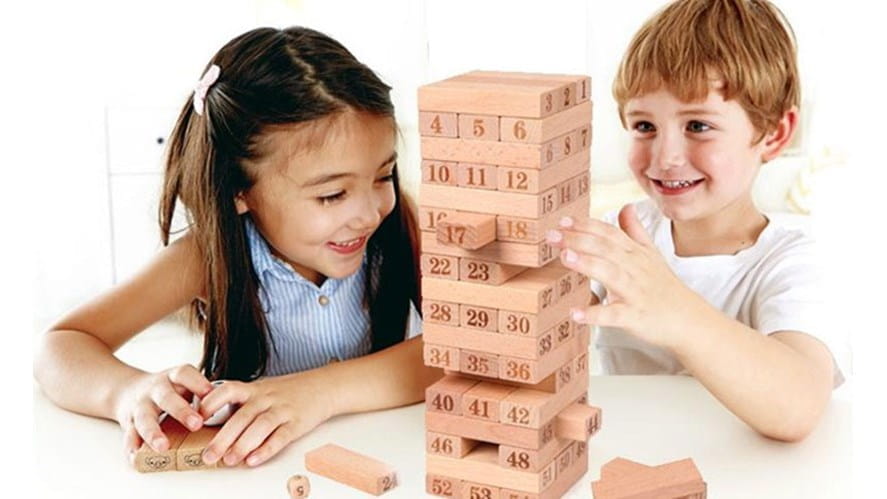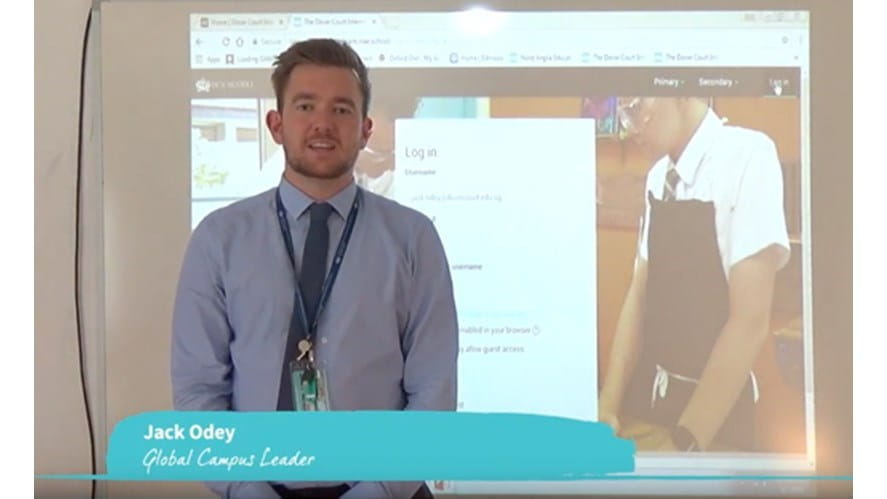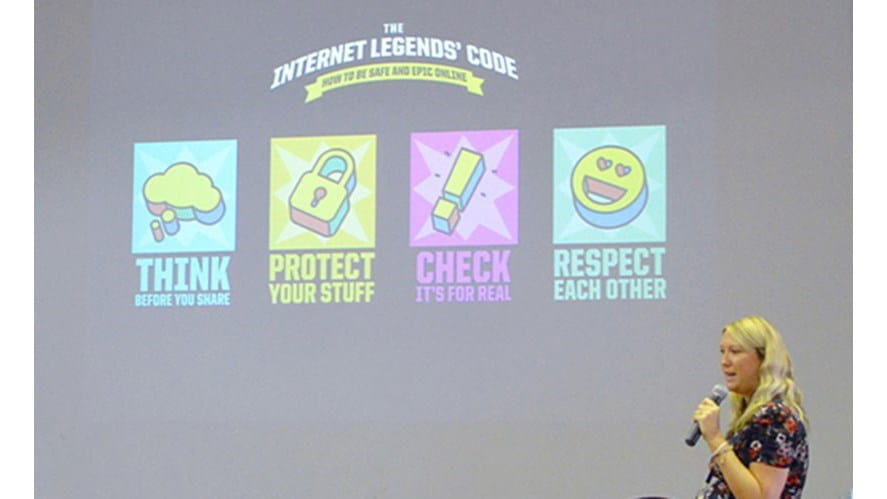Shall We Play? Play as Stepping Stone towards Language Acquisition
An important component of language development, play helps children learn verbal skills around activities that are motivating
An important component of language development, play helps children learn verbal skills around activities that are motivating
The simple act of playing for children is essential for their development, both physically and mentally.
Play enables children to do a variety of things, for example:
- To make sense of the world through interactive and fun games
- To develop social interaction and social rules
- To develop problem solving skills while cooperating with others
- To express their ideas and feelings
Play is also an important component of language development. It helps children learn verbal skills around activities that are motivating. While children play, they have opportunities to listen and speak to others, both learning from and teaching those around them. The adults have an opportunity to provide rich and meaningful vocabulary while engaged in tasks that are equally more appealing and place fewer demands on children. The ability to offer a varied commentary about activities that are occurring familiarises children with contextual language.
Vocabulary, in particular, is a crucial element in language development. Children, predominantly, learn language through social interactions. When they are motivated to interact and listen, they have more opportunities to absorb what they hear. Lorraine, S. (2008) suggested that 6 year olds may have approximately 2,600 words of expressive vocabulary and 20,000–24,000 words of receptive vocabulary, while Bloom & Markson (1998) suggested that 6 to 8 year olds may learn 6–7 words per day, increasing to 12 words per day for 8 to 12 years olds.
Below are a few strategies that can be put in place during familiar games and that encourage language development:
|
Games
|
Tips
|
|
Pop Up Pirate
|
Following instructions: “Can you get a blue sword?” / “Put in the red sword before you put in the blue sword”
Categorisation: “Shall we divide the swords into colours” / “What else in the room is red?”
Verbal model: “I’d like a green sword please” / “It didn’t pop. Maybe the pirate is asleep!”
Inferences/ Problem solving: “What would happen if the sword broke inside the barrel?” / “What could you do to fix it?”
|
|
Go Fishing
|
Following instructions: “Can you find the pictures that have riding, reading and talking on the phone?”
Categorisation: “Which of these actions can you do outside?” / “What do you need to be careful with?”
Verbal model: “I see a big boy riding an awesome blue bike. What about you? ”
Inferences/ Problem solving: “What would happen if the boy feel from his bike?” / “How would his parents feel?”
|
|
Jenga
|
Following instructions: “Take out the red block in the middle” / Put the yellow block next to/ on top/ under the blue block” /
Categorisation: “Shall we build shapes/ numbers / letters?”
Verbal model: “I’m going to pull out the blue block from under the red block ”
Inferences/ Problem solving: “What will happen if I take this block?” / “How can we make this game more difficult?”
|
|
Zingo
|
Following instructions: “Show me the cat, the foot and the tree”
Categorisation: “What animals can you see?” / “Which ones are soft?”
Verbal model: “I only have three more pictures left. What about you?” / “I love chocolate cake because it is delicious. What is your favourite cake?”
Inferences/ Problem solving: “What could you do if you saw a snake on the road?” / “What would happen if you ate too much cake?”
|
|
HedBanz
|
Following instructions: “Can you give me the cat, the car, the fork and the book?”
Categorisation: “Which ones are big?” / “What can we buy?”
Verbal model: “Am I something that is soft when I touch it?” / “Do I like to jump around outside on the soft green grass?”
Inferences/ Problem solving: “What would happen if you kicked a ball against a window?” / “What should you do if you break a glass?”
|
Have fun playing!







